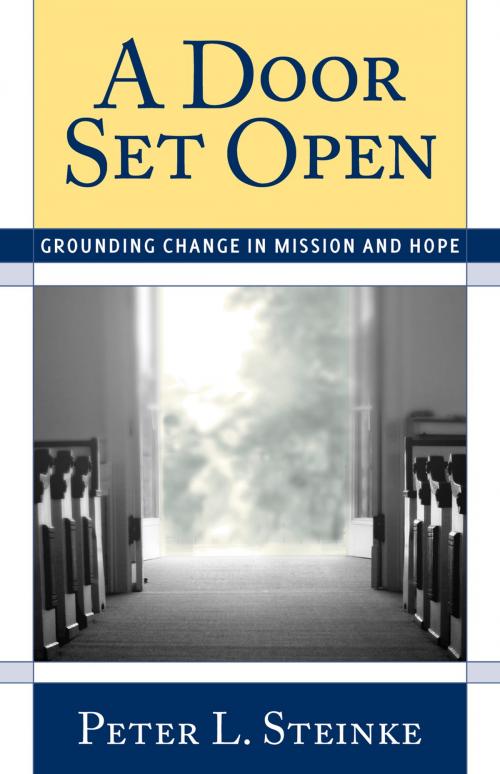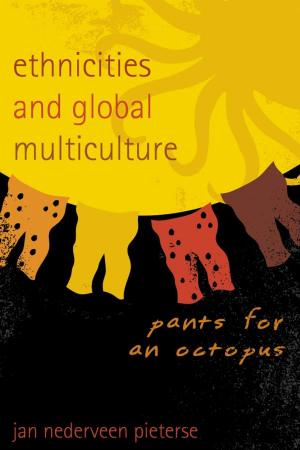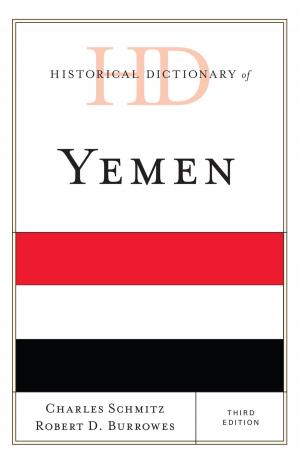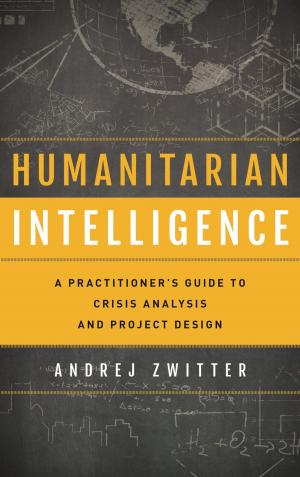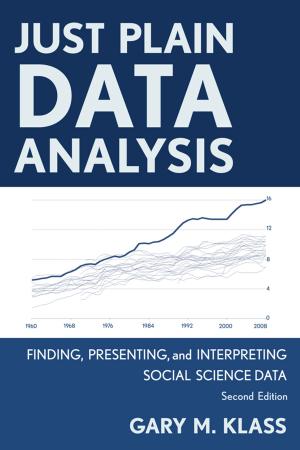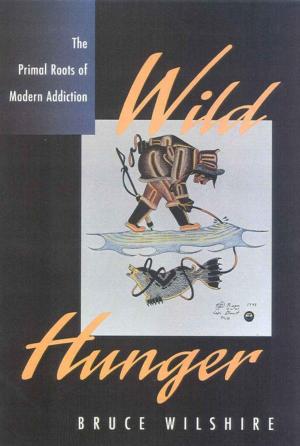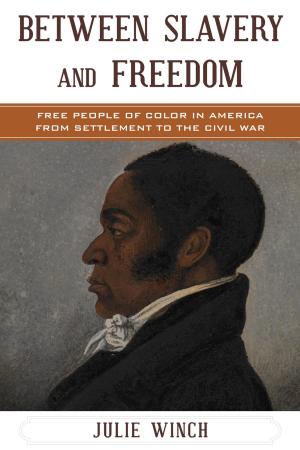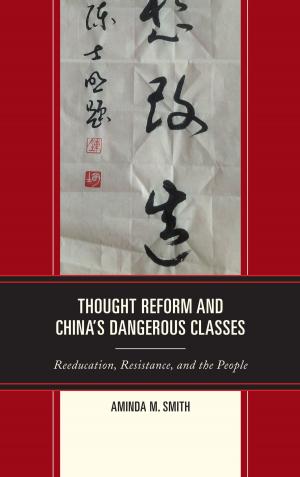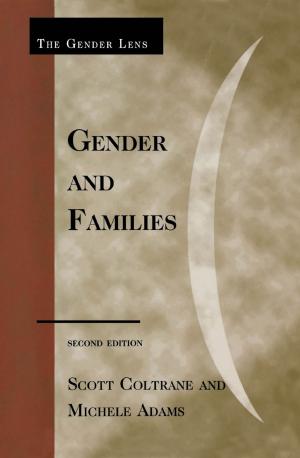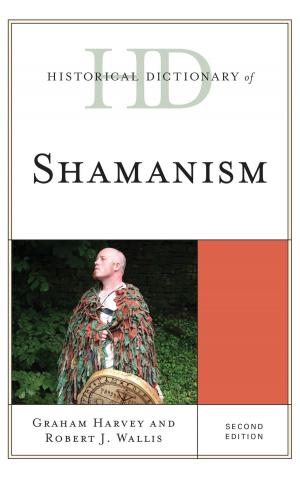A Door Set Open
Grounding Change in Mission and Hope
Nonfiction, Religion & Spirituality, Christianity, Church| Author: | Peter L. Steinke | ISBN: | 9781566994552 |
| Publisher: | Rowman & Littlefield Publishers | Publication: | August 23, 2010 |
| Imprint: | Rowman & Littlefield Publishers | Language: | English |
| Author: | Peter L. Steinke |
| ISBN: | 9781566994552 |
| Publisher: | Rowman & Littlefield Publishers |
| Publication: | August 23, 2010 |
| Imprint: | Rowman & Littlefield Publishers |
| Language: | English |
We resist change less when we associate it with mission and fortify it with hope. So argues longtime congregational consultant Peter Steinke in his fourth book, A Door Set Open, as he explores the relationship between the challenges of change and our own responses to new ideas and experiences. Steinke builds on a seldom-explored principle posited by the late Rabbi Edwin Friedman: the 'hostility of the environment' is proportionate to the 'response of the organism.' The key, Steinke says, is not the number or strength of the stressors in the system--anxiety, poor conditions, deteriorating values--but the response of the individual or organization to 'what is there.' Drawing on Bowen system theory and a theology of hope, as well as his experience working with more than two hundred congregations, Steinke makes the case that the church has entered an era of great opportunity. Theologian and sociologist Ernst Troeltsch said the church had closed down the office of eschatology. Steinke reopens it and draws our attention to God's future, to a vision of hope for the people of God. The door is set open for exploration and new creation.
We resist change less when we associate it with mission and fortify it with hope. So argues longtime congregational consultant Peter Steinke in his fourth book, A Door Set Open, as he explores the relationship between the challenges of change and our own responses to new ideas and experiences. Steinke builds on a seldom-explored principle posited by the late Rabbi Edwin Friedman: the 'hostility of the environment' is proportionate to the 'response of the organism.' The key, Steinke says, is not the number or strength of the stressors in the system--anxiety, poor conditions, deteriorating values--but the response of the individual or organization to 'what is there.' Drawing on Bowen system theory and a theology of hope, as well as his experience working with more than two hundred congregations, Steinke makes the case that the church has entered an era of great opportunity. Theologian and sociologist Ernst Troeltsch said the church had closed down the office of eschatology. Steinke reopens it and draws our attention to God's future, to a vision of hope for the people of God. The door is set open for exploration and new creation.
